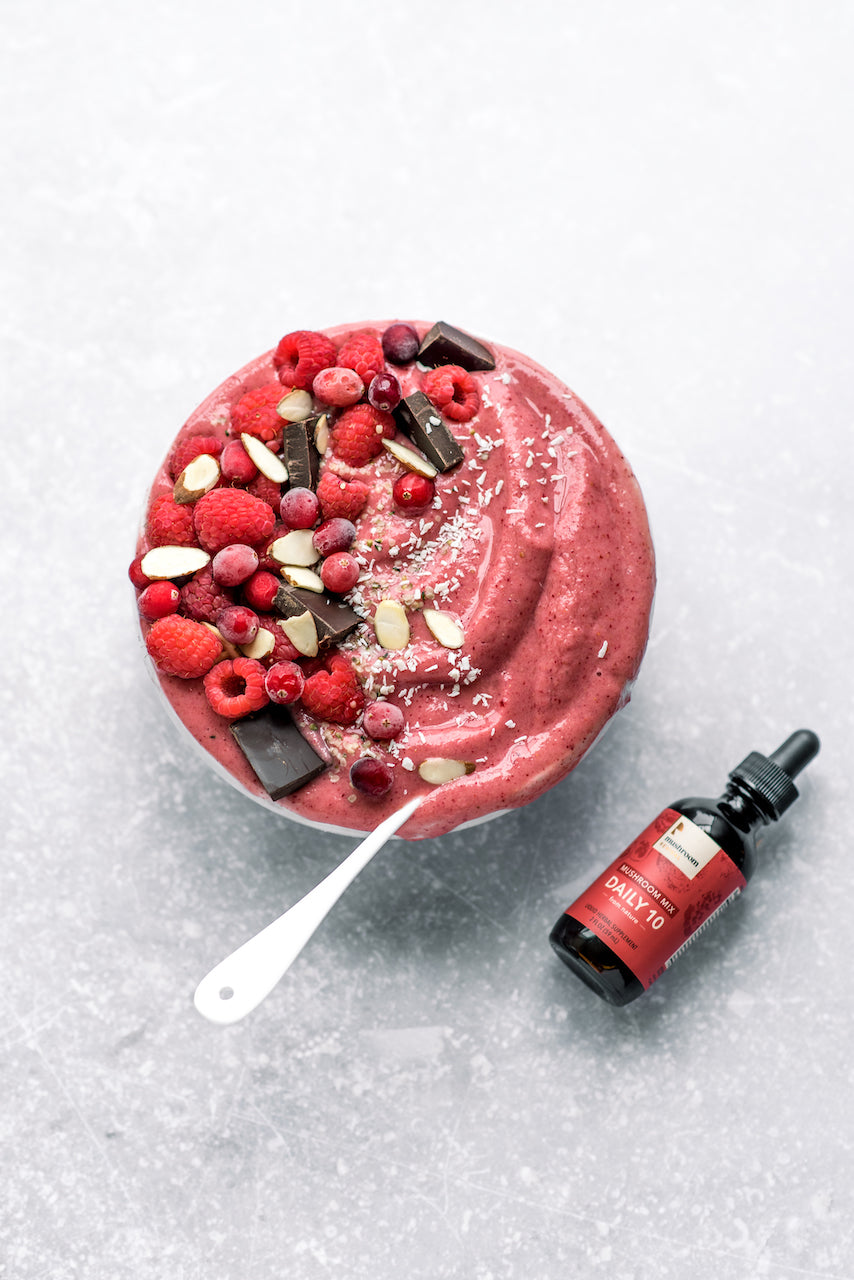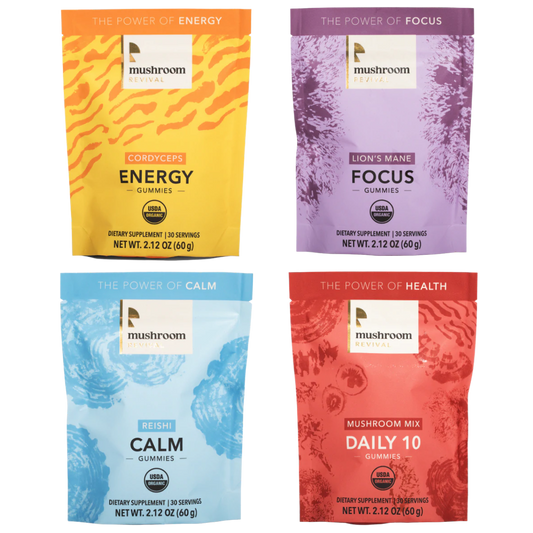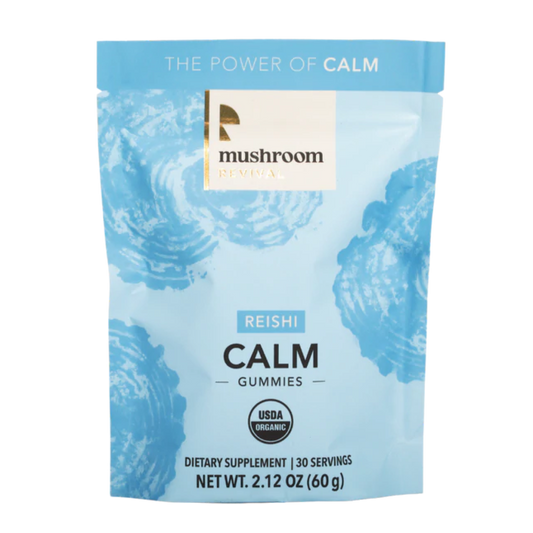Meshima Mushroom

Meshima, scientifically known as Phellinus linteus, is shaped like a horse’s hoof and resembles the layer-like growth of Turkey Tail and Agarikon. Like Agarikon, this mushroom delivers a bitter taste. Interestingly, Meshima doesn’t have a stem and rather grows “shelf-like” off the substrate it was inoculated on. Meshima typically grows on tree trunks, often spotted on Mulberry trees in China, as it decomposes wood and fruit.
Those foraging for Meshima can find the mushroom growing along a tree trunk, and even high upon some branches. Lucky mushroom foragers can find the fungi growing on the lower parts of the trunk, or even on a fallen log.
Meshima, known as “song gen” in Chinese and “sanghwang,” in Korean, is a custom mushroom in traditional Chinese and Korean herbalism.* It is among one of the more well known mushrooms in Asian countries, consumed to help promote dietary health and support a healthy immune response.* The mushroom has a very fibrous texture and a pungent taste, so it is rarely consumed raw or even cooked. In Korea, the Meshima is said to be brewed and consumed in the form of a hot tea. This is one of the reasons that we use Meshima in our double-extracted Daily 10 Mushroom Mix Tincture.
Meshima translates literally to “women’s island,” and accordingly helps support women’s health.* While it is not as common as other ‘super-shrooms’ like Reishi, Turkey’s Tail, and Chaga, it has certainly reached the attention of scientists far and wide. This ancient mushroom is science’s modern marvel, studied for its many healthful qualities.*
Meshima for Female Health:*
Meshima can play a strong role in supporting women’s health as well.* The mushroom is revered for its ability to help support healthy breast cells and promote a normal menstrual cycle.* Polysaccharides are a key component in Meshima’s ability to support women’s overall health.*

Meshima & Free Radicals:*
Meshima may help support the reduction of free radicals.* Free radicals are known to damage the skin by creating oxidative stress, so Meshima may make for a good counter.* Some research has shown that Meshima may even help protect the skin from wrinkles or pigmentation.*
Meshima contains ellagic acid and caffeic acid which are considered to possibly help with overall skin radiance.* Some studies have shown that the components in Meshima mushrooms are comparable to vitamin C when it comes to supporting healthy skin.*
Meshima’s beneficial qualities can be noticed beyond supporting the skin which is the largest organ in the body.* Meshima promotes the reduction of free radicals which is essential for supporting a natural immune response within healthy ranges.*
Meshima & Respiratory Health:*
Meshima may help support healthy respiratory function within normal ranges.* Some herbalists use Meshima when seasons change in order to support clear respiratory passage-ways.* Researchers have found that there may be components within Meshima that support a calm airway response and maintenance of mucus production levels within normal ranges.* For those with sensitive airways, Meshima may serve as a great addition to an already comprehensive respiratory health plan.*
Functional mushrooms can support many qualities linked to overall health.* Our little fungi friends have been embedded in the diet of humans for thousands of years for nourishment and herbal support.* Some theorists believe fungi have adapted alongside humans over the course of many years. The presence of these diverse, adaptogenic, nutrient-dense organisms is worth appreciating and sustaining.* Join the revival; learn about mushrooms through our podcast or perhaps even invite them into your own life with one of our tinctures.*
Written by: Melody Pezeshkian
More info:
DOI: 10.1038/sj.bjc.6603595




























